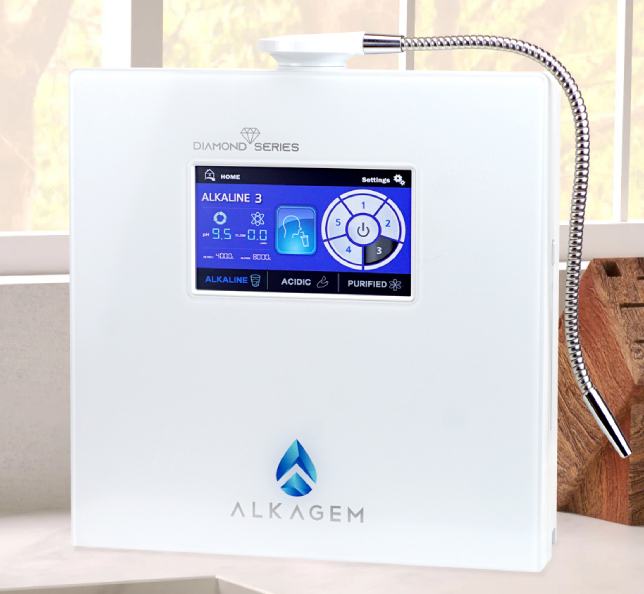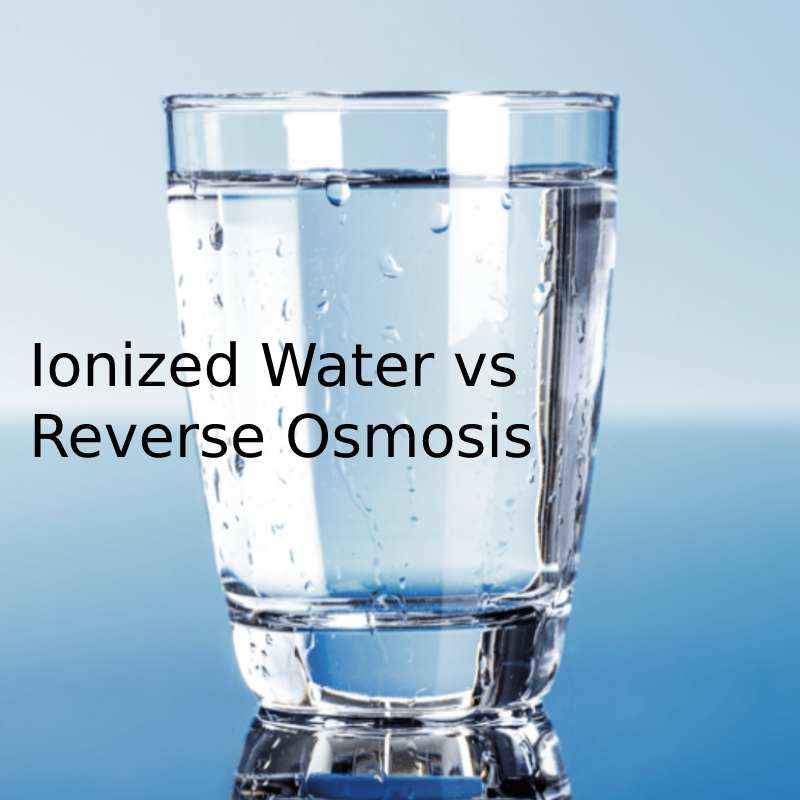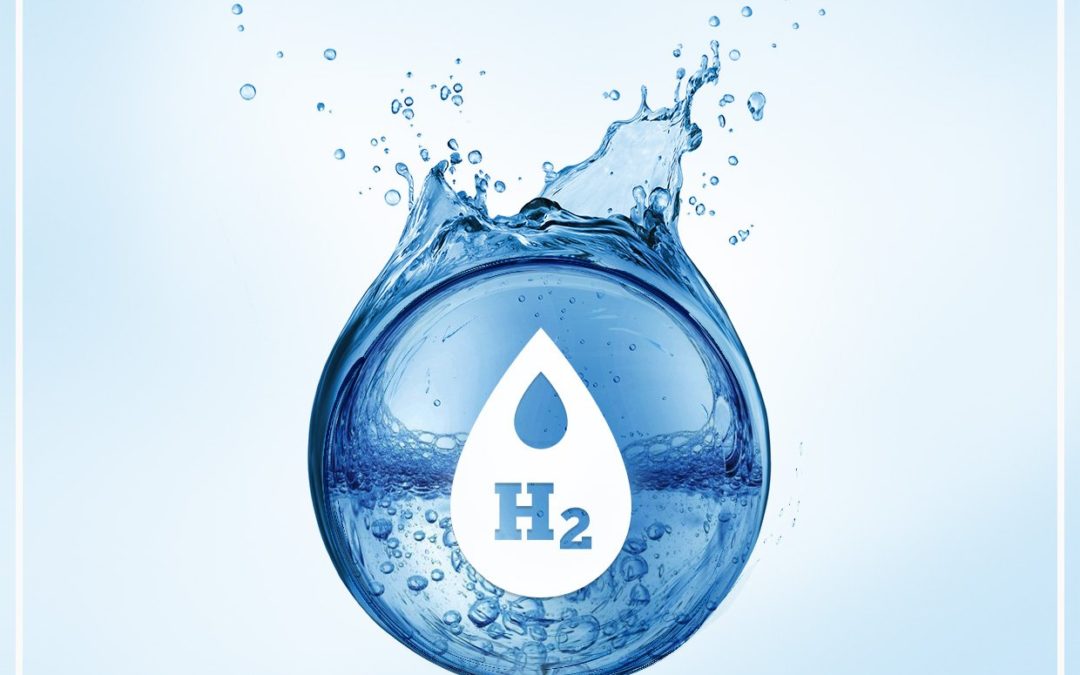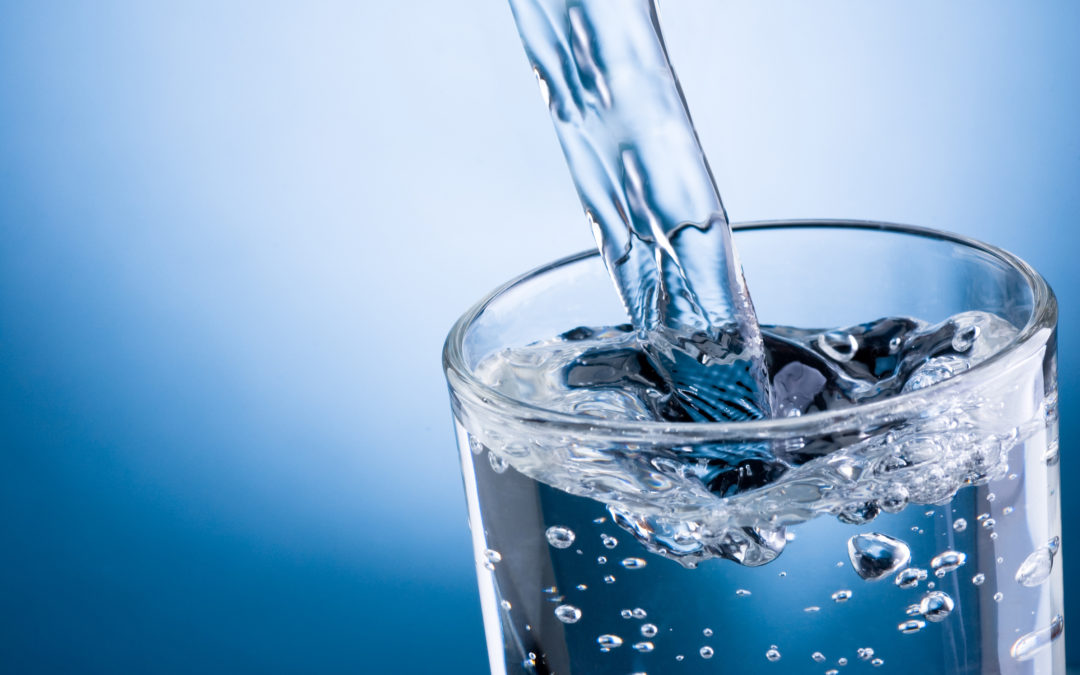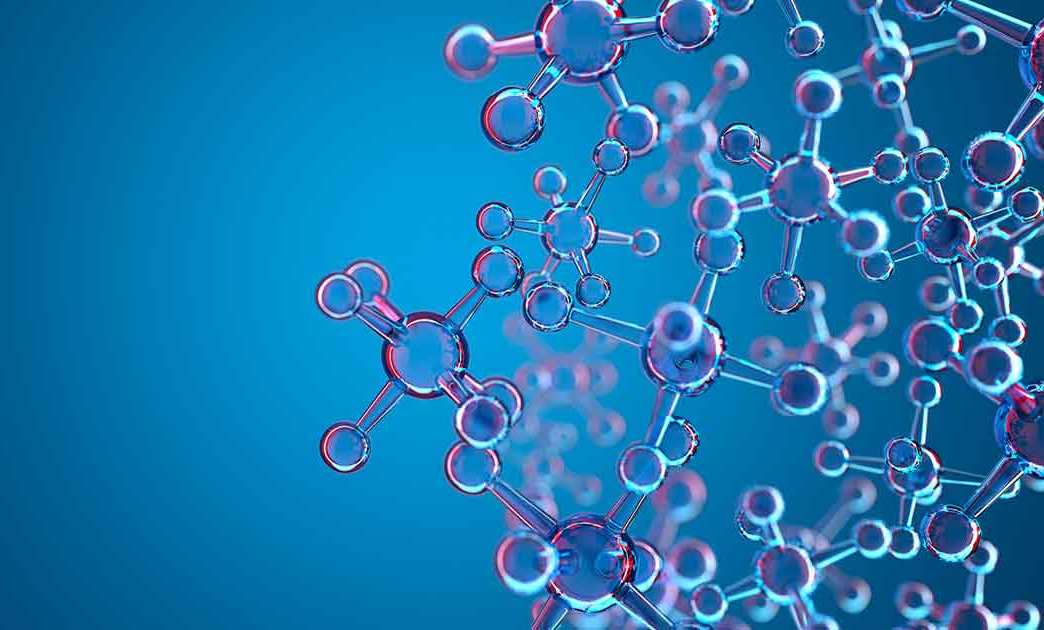Remember that periodic table from high school chemistry? You may recall that hydrogen (H2), with an atomic mass of 1, is the smallest molecule on Earth. This means that it can easily penetrate cell membranes and enter the nucleus and mitochondria to protect the DNA inside of cells. In fact, it is so small that it can penetrate the blood-brain barrier, something most antioxidants cannot do. Every H2 molecule contains two free electrons, one of which is donated to any nearby free radical, stabilizing it, and rendering it neutralized. This is hugely important to health because free radicals are like little gremlins causing all kinds of mayhem in our bodies. They cause oxidation, leading to DNA and protein damage and oxidative diseases such as cancer, atherosclerosis, diabetes, and many of the signs of aging. Any substance that neutralizes these harmful free radicals is called an antioxidant. Luckily for us, molecular hydrogen is a powerful antioxidant.
Molecular hydrogen was once considered inert in human bodies, but exciting new research beginning in 2007 has proven quite the opposite (Ohsawa et al., 2007). Because of its small size, molecular hydrogen rapidly diffuses into tissues and cells, where it is now known to have numerous biological and medical benefits. Molecular hydrogen reduces oxidative stress, not only by directly neutralizing strong oxidants, but also indirectly by regulating gene expression. In this way, it also functions as an anti-inflammatory, anti-apoptotic, and energy-stimulating metabolism booster (Ohta, 2014). Molecular hydrogen is such a dynamic antioxidant that some are labeling it “the ideal antioxidant.”
How did we first realize that molecular hydrogen offered therapeutic benefits? One early experiment showed that cultured PC12 cells exposed to oxidative stress by treatment with antimycin A, a mitochondrial electron translocation chain inhibitor, shrank in size and extended short fibers. Then, when the cell culture medium was infused with molecular hydrogen, the cells showed no stress responses to antimycin A, suggesting a protective effect. It was then determined that the mechanism of protection came from molecular hydrogen’s ability to decrease cellular hydroxide (OH–) levels (Setsukinai et al., 2003.) We know that hydroxide is a powerful oxidizing agent, so any substance that can neutralize it will have significant health benefits.
How do we know that drinking H2 infused water translates into better health? Firstly, an experiment by Nagata et al. 2009 showed that when H2 infused water was placed into the stomach of a rat, H2 was detected at several µM in its blood. Kajimura et al., 2010 showed that after oral consumption of H2 infused water, rats showed H2 in their livers. Then, Shimouchi et al. 2012 showed that the oral ingestion of H2 infused water by human volunteers lead to rapid increases in breath H2 content as measured by gas chromatography. Approximately 40% of the consumed H2 was utilized inside the body, suggesting that exogenous H2 is at least partially employed by oxygen radicals like OH–.
Many exciting experiments have since shown that consumption of H2 water has promise in treating many specific oxidative stress-related conditions. Following is a brief review of just some of the research.
Neurodegeneration
- Abrous et al., 2005 looked at its effects on neurodegeneration and showed that consumption of H2 water suppressed the impaird learning and memory caused by physical restraint stress.
- It also restored the neural proliferation in the dentate gyrus of the hippocampus that was caused by the stress.
Metabolic disease
- Kajiyama et al. 2008 studied its effects on metabolic syndrome and showed that it decreased fatty liver in obese mice.
- Long-term consumption of H2 water led to decreased body fat, body weight, plasma glucose, insulin, and triglycerides in these mice.
- This is all a result of stimulated energy metabolism.
Inflammation
- Kajiya et al., 2009 found that H2 water decreased levels of proinflammatory cytokines induced by concanavalin A in animal models.
- Ishibashi et al., 2012 showed that 20 patients with rheumatoid arthritis (a disease of inflammation) showed significantly reduced disease activity after 4 weeks of treatment with high H2 water.
Exercise-induced lactic acid
- Aoki et al., 2012 found that athletes who consumed H2 water for one week avoided elevated blood lactate levels after heavy exercise compared to those who consumed placebo water.
It is clear that antioxidants, especially strong antioxidants like molecular hydrogen, are imperative to human health, wellness, and performance. We get antioxidants through the foods and beverages that we consume. One way to greatly increase our antioxidant intake is to consume ionized alkaline water because it is full of molecular hydrogen. Scientists discovered how to make ionized alkaline water using electrolysis in the 1940s and have been studying its benefits ever since. Without a doubt, molecular hydrogen has enormous clinical potential due to its ease of use (drinking ionized alkaline water), lack of adverse effects, and evidence of efficacy on nearly all pathogenic states involved in oxidative stress and inflammation (Ohta, 2014). We look forward to the abundance of additional research underway on the topic, but it already appears that molecular hydrogen really may be the “ideal” antioxidant.
References
Abrous, D. N., Koehl, M., & Le Moal, M. (2005). Adult neurogenesis: from precursors to network and physiology. Physiol Rev 85, 523–569.
Aoki, K., Nakao, A., Adachi, T., Matsui, Y., & Miyakawa, S. (2012). Pilot study: effects of drinking hydrogen-rich water on muscle fatigue caused by acute exercise in elite athletes. Med Gas Res 2, 12.
Ishibashi, T., Sato, B., Rikitake, M., Seo, T., Kurokawa, R., Hara, Y., et al. (2012). Consumption of water containing a high concentration of molecular hydrogen reduces oxidative stress and disease activity in patients with rheumatoid arthritis: an open-label pilot study. Med Gas Res 2, 27.
Kajimura, M., Fukuda, R., Bateman, R.M., Yamamoto, T., & Suematsu, M. (2010). Interactions of multiple gas-transducing systems: hallmarks and uncertainties of CO, NO, and H2S gas biology. Antioxid Redox Signal 13, 157–192.
Kajiya, M., Sato, K., Silva, M.J., Ouhara, K., Do, P.M. , Shanmugam, K.T., et al. (2009). Hydrogen from intestinal bacteria is protective for Concanavalin A-induced hepatitis. Biochem Biophys Res Commun 386, 316–321.
Kajiyama, S., Hasegawa, G., Asano, M., Hosoda, H., Fukui, M., Nakamura, N., et al. (2008). Supplementation of hydrogen-rich water improves lipid and glucose metabolism in patients with type 2 diabetes or impaired glucose tolerance. Nutr Res 28, 137–143.
Nagata, K., Nakashima-Kamimura, N., Mikami, T., Ohsawa, I., Ohta, S. (2009). Consumption of molecular hydrogen prevents the stress-induced impairments in hippocampas-dependent learning tasks during chronic physical restraint in mice. Neuropsychopharmacology 34, 501-508.
Ohsawa, I., Ishikawa, M., Takahashi, K., Watanabe, M., Nishimaki, K., Yamagata, K, et al. (2007). Hydrogen acts as a therapeutic antioxidant by selectively reducing cytotoxic oxygen radicals. Nat Med 13, 688-694.
Ohta, S. (2014). Molecular hydrogen as a preventive and therapeutic medical gas: initiation, development and potential of hydrogen medicine. Pharmacology & Therapeutics 144, 1-11.
Setsukinai, K., Urano, Y., Kakinuma, K., Majima, H. J., & Nagano, T. (2003). Development of noble fluorescence probes that can reliably detect reactive oxygen species and distinguish specific species. J Biol Chem 278, 3170-3175.
Shimouchi, A. Nose, K., Shirari, M., & Kondo, T. (2012). Estimation of molecular hydrogen consumption in the human whole body after the ingestions of hydrogen-rich water. Adv Exp Med Biol 737, 245-250.


